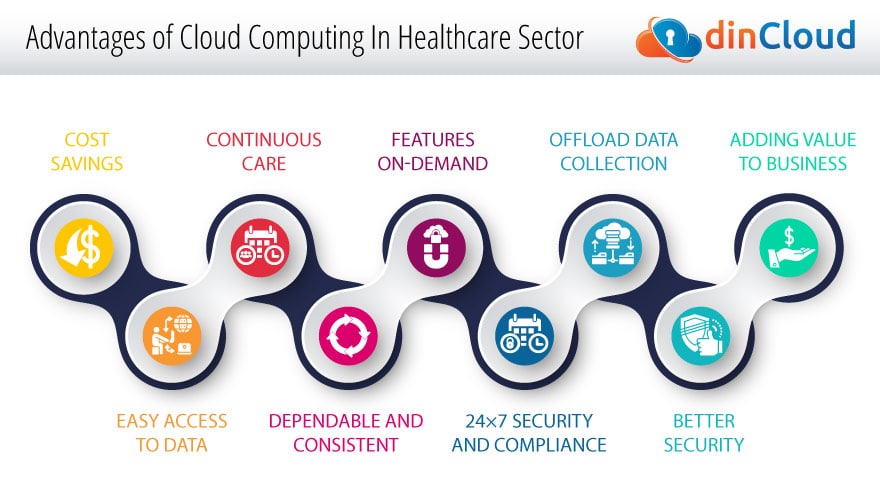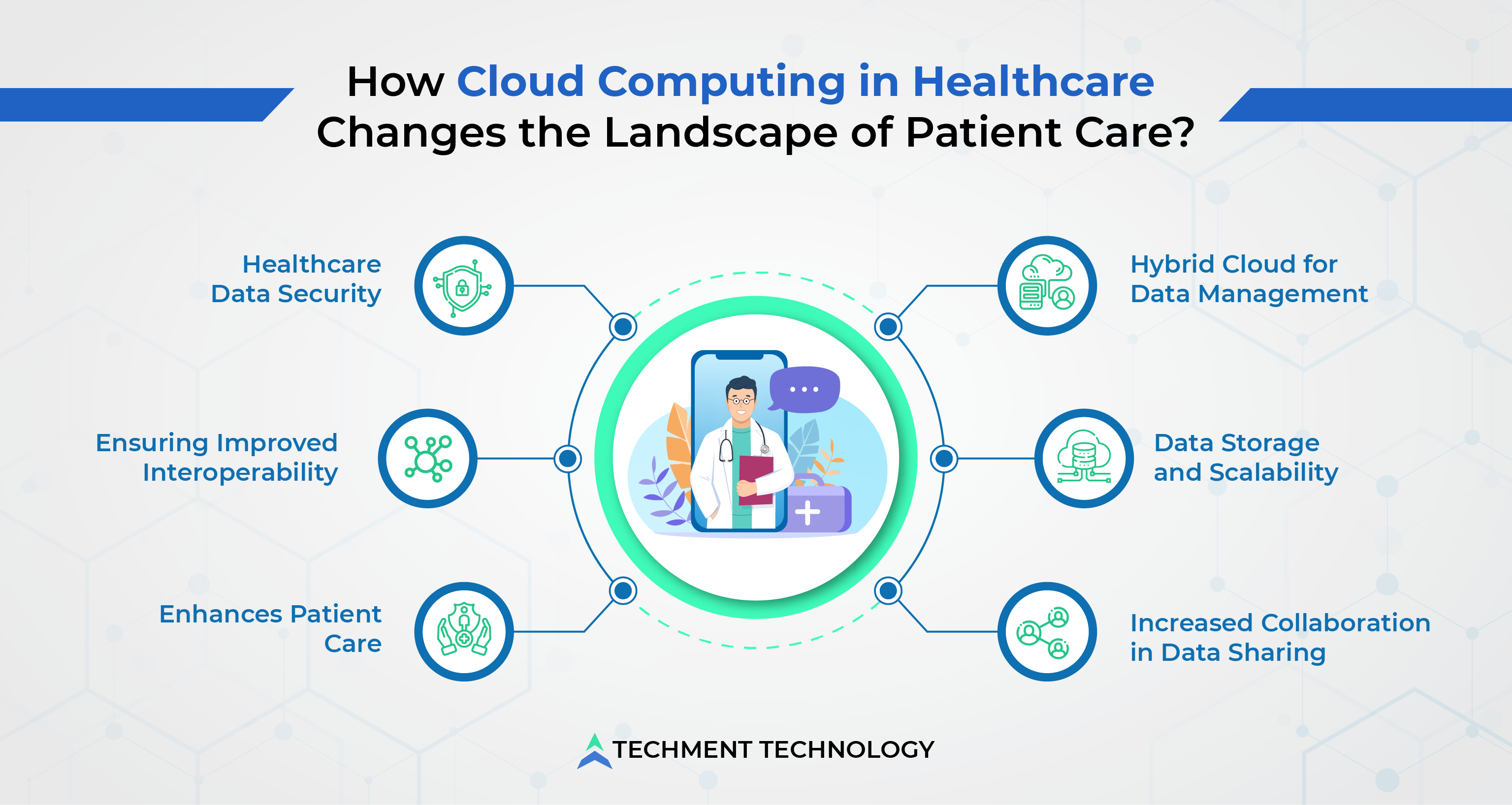week 7 blog reflection
- Get link
- X
- Other Apps
WEEK7: Ethical Obligation of the Nurse Practitioner to Protect Patient Privacy and Confidentiality as Patient Data Moves to the Health Cloud
- Healthcare Cloud:
The Healthcare Cloud refers to a cloud computing environment specifically designed to store, manage, and process healthcare-related data. It provides a secure and scalable platform for healthcare organizations to store electronic health records (EHRs), medical images, patient information, and other healthcare data. Healthcare Cloud services are offered by various cloud service providers, enabling healthcare providers to access data from any location with internet connectivity.
13 examples of cloud computing in healthcare.
Nurse Practitioner Use of Healthcare Cloud:
Nurse practitioners (NPs) can utilize the Healthcare Cloud to securely store and access patient health records and other clinical information. This enables NPs to retrieve patient data in real-time, regardless of their physical location, enhancing care coordination and continuity. NPs can also use the Healthcare Cloud to collaborate with other healthcare professionals, share patient information securely, and access clinical decision support tools and resources.
There are many other benefits found in this page.

Protecting Patient Privacy and Confidentiality:
Patient privacy and confidentiality are paramount ethical considerations for nurse practitioners when utilizing the Healthcare Cloud. To best protect patient privacy, NPs should adhere to HIPAA (Health Insurance Portability and Accountability Act) regulations and other relevant privacy laws and regulations. This includes implementing robust security measures, such as encryption, access controls, and authentication mechanisms, to safeguard patient data stored in the Healthcare Cloud.
NPs should also ensure that patient consent is obtained before storing and sharing their health information in the Healthcare Cloud. This involves explaining to patients how their data will be used, who will have access to it, and the measures in place to protect their privacy. NPs should respect patients' autonomy and preferences regarding the storage and sharing of their health information.
Additionally, NPs should regularly audit and monitor access to patient data stored in the Healthcare Cloud to detect and mitigate any unauthorized access or breaches. This involves implementing audit trails and logging mechanisms to track who accesses patient data and when, ensuring accountability and transparency in data handling practices.

In summary, as patient data moves to the Healthcare Cloud, nurse practitioners have an ethical obligation to protect patient privacy and confidentiality. This involves adhering to privacy laws and regulations, obtaining patient consent, implementing robust security measures, and monitoring access to patient data to mitigate risks and safeguard patient information in the cloud environment.
- Get link
- X
- Other Apps
Comments
Post a Comment